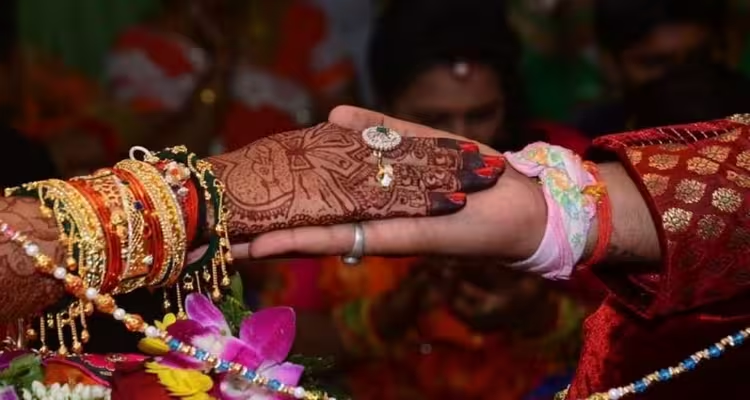
Living Together ≠ Bigamy: Rajasthan High Court
In a recent ruling, the Rajasthan High Court brought a nuanced perspective to the concept of bigamy, emphasizing that merely cohabitating with another person does not constitute bigamy unless a second marriage is solemnized.
The Case: Accusations of Bigamy
Justice Kuldeep Mathur addressed a case where a married man faced accusations of bigamy for residing with another woman while still married. However, the judge clarified that under Section 494 of the Indian Penal Code (IPC), the offence of bigamy only arises if a second marriage occurs while the first is valid.
Legal Clarity: Marriage vs. Cohabitation
The court underscored that living together without formalizing a marriage does not meet the criteria for bigamy. It emphasized the necessity of a legally recognized marriage ceremony for an offence to be established under Section 494 IPC.
Case Details:
The petitioner faced charges of bigamy, cruelty, and other IPC offences based on his wife’s complaint. He challenged these proceedings, asserting that no evidence supported his alleged second marriage.
Court’s Verdict:
The court found no substantiation of a second marriage, dismissing the bigamy accusations. It highlighted the absence of proof regarding the nature of the alleged relationship, be it a legally recognized marriage or a custom like Nata marriage.
Quashing Proceedings:
Consequently, the court quashed the criminal proceedings against the accused, determining that the charge of bigamy was unfounded.
Legal Debate and Contrast
This ruling contrasts with a conflicting view expressed by the Punjab and Haryana High Court, which suggested liability for bigamy if a person engages in an “adulterous” lifestyle without obtaining a divorce. Additionally, the Delhi High Court emphasized that the absence of adultery laws doesn’t grant immunity for marrying during an existing marriage.
Conclusion:
The Rajasthan High Court’s decision offers clarity on the nuanced aspects of bigamy, highlighting the distinction between cohabitation and formal marriage under the law. It serves as a reminder of the legal intricacies surrounding marital relationships in India.
Read More: Supreme Court, Delhi High Court, States High Court, Other Courts, International




